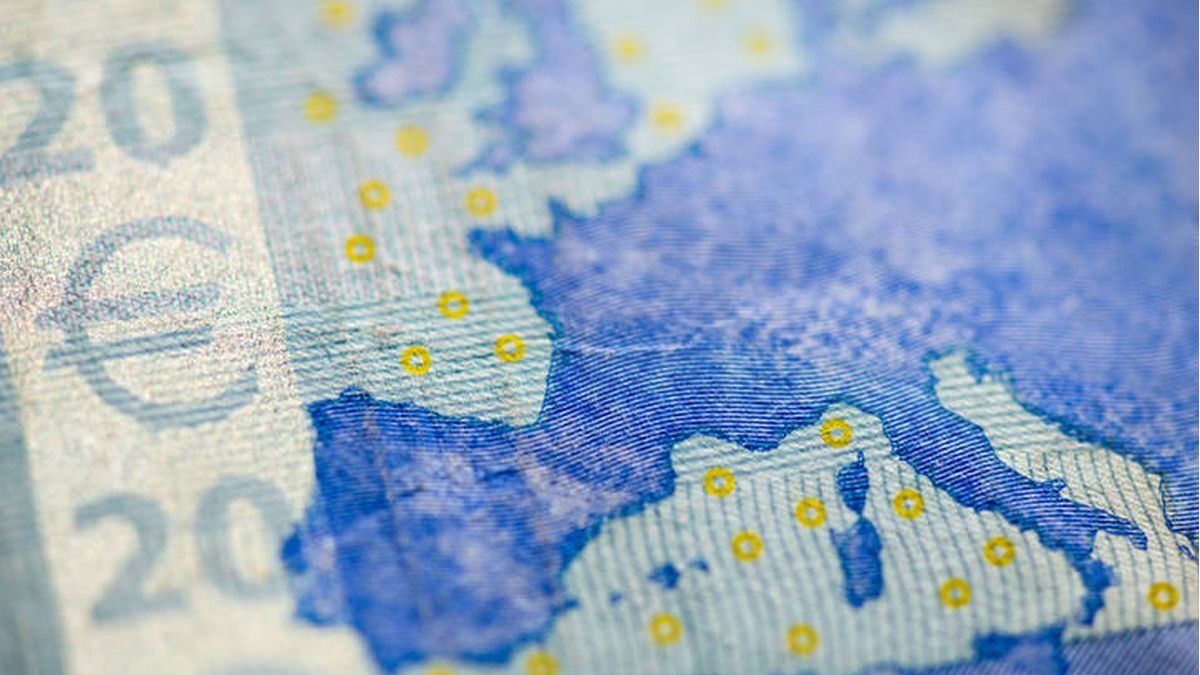Headline price growth accelerated to 7.0% in April, from 6.9% the previous month, as rising utility and energy costs offset slower growth in food prices.
Although core price growth, the focus of European Central Bank policymakers in recent months, slowed slightly, the crucial component of the service sector continued to accelerate, pointing to increased pressures. wages that could place inflation above the 2% target set by the ECB.
Excluding volatile food and fuel prices, core inflation declined from 7.5% to 7.3%, while an even tighter measurewhich excludes alcohol and tobacco, slowed from 5.7% to 5.6%, in its first decline since last June.
Inflation has been above the 2% target set by the ECB for almost two years, which has raised interest rates by 375 basis points since last July to curb runaway price growth.
What is the expectation of economists
But more hikes are likely, as inflation will not return to target until 2025, and the “bottom rung” of disinflation, going from 3% to 2%, could be especially difficult, as it would take nearly 2 years.
Inflation in the service sector, driven mainly by labor costs, accelerated to 5.2% from 5.1%, confirming fears among currency leaders that nominal wage growth could become dangerously fast. .
Wages continue to fall in real terms given rapid inflation, but low unemployment and growing labor shortages, especially in services, are pushing up nominal wages.
The ECB has long said that nominal wage growth of 3% would be consistent with its inflation target, but this year’s rise could be twice as fast.
European Union.webp
Unexpectedly generous wage deals in Germany, the bloc’s biggest economy, also raise the risk that labor costs will continue to rise particularly rapidly next year, prolonging inflation.
Markets expect the ECB’s 3.25% interest rate to come in just below 3.75% this summer, but some policymakers have already warned that it might not be enough.
Both consumer and market inflation expectations have risen in recent months, despite falling energy costs, suggesting that inflation is now more entrenched than before, driven mainly by wages, services and internal demand. The ECB will meet on June 15 and has promised a new rate hike.
Source: Ambito




